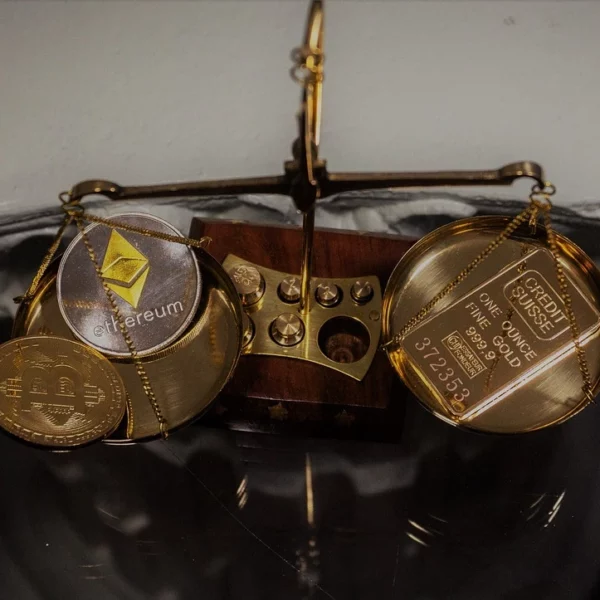Decentralized exchanges (DEXs) are becoming an increasingly popular alternative to centralized exchanges due to their greater privacy and security features. In this article, we will explore the privacy features of decentralized exchanges and why they are important for traders.
Non-custodial wallets
Unlike centralized exchanges, which require users to deposit their funds with the exchange, decentralized exchanges allow users to maintain control over their funds by using non-custodial wallets. This means that users can store their funds in their own wallets, rather than trusting a third party with their funds.
Anonymity
Decentralized exchanges do not require users to provide personal information, such as their name or address, to trade. This means that users can maintain a greater level of anonymity, protecting their privacy and reducing the risk of identity theft.
Pseudonymous addresses
Decentralized exchanges use pseudonymous addresses to protect the privacy of their users. Instead of using a real name or address, users are assigned a unique address that they can use to trade on the exchange. This makes it much more difficult for third parties to identify and track the transactions of individual users.
Encrypted communication
Decentralized exchanges use encrypted communication channels to protect the privacy of their users. This means that all communications between the user and the exchange are encrypted, making it much more difficult for third parties to intercept and read the communications.
Permissionless trading
Decentralized exchanges allow users to trade without requiring permission from a central authority. This means that users can trade freely and without censorship, protecting their privacy and freedom of expression.
In conclusion, decentralized exchanges offer a range of privacy features that are important for traders who want to maintain their privacy and security while trading cryptocurrencies. By using non-custodial wallets, pseudonymous addresses, encrypted communication, and permissionless trading, decentralized exchanges can provide a greater level of privacy and security than centralized exchanges. As the cryptocurrency industry continues to grow, it is likely that decentralized exchanges will become even more popular and essential for traders who want to protect their privacy and security.
Read more about DECENTRALIZED EXCHANGES.



